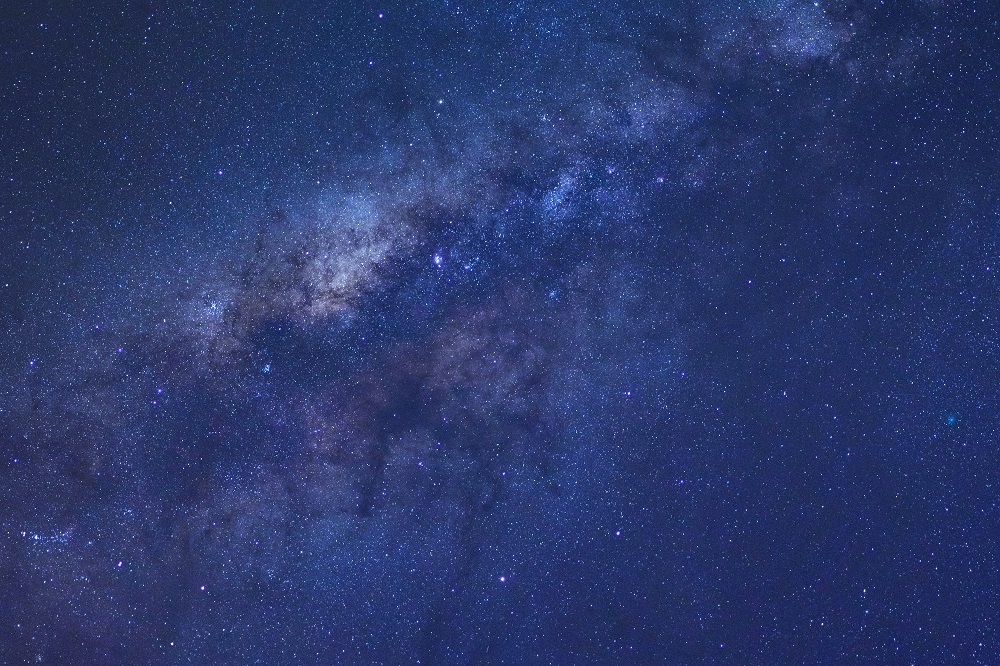

Lucid, lyrical, and keenly beautiful, the poetry of Anise Koltz is a poetry I wanted to read well before I had the vocabulary to do so. The bare truth of it gleams, as if carved from ancient ice, or constructed of meticulously arranged river stones.
Dans mes poèmes
le soleil ne pénètre pas
Il y règne
une lumière polaire
glaciale
aiguë
Qui aveugle
comme un laser
The sun does not enter
into my poems
A polar light
reigns there
glacial
sharp
Blinding
as a laser
Even in a language in which I was not yet fluent, the spare precision and force of every word on the page called for response. And so I procured a good dictionary and began.
Long celebrated in her native Luxembourg, Koltz was born in 1928 and published her first two collections in German, the dominant language of Luxembourg during World War II. In 1966, Koltz’s poetry was translated into French by Belgian writer, Andrée Sodenkamp, and published in the distinguished bilingual series founded by French poet, editor, and Resistance fighter, Pierre Seghers. By the early 1980s, Koltz was writing exclusively in French, a decision she made after the premature death of her husband, René, who never fully recovered from tortures suffered under Nazi occupation.
Now nearly ninety years-old, Koltz has published six new collections in French since 2007. Galaxies intérieures—in English, Interior Galaxies—is the collection with which I began. Once absorbed in the process of its translation, I was struck with how familiar the poems felt, as if I had read them long ago, and they were simply waiting for me to open the book again.
Chaque poème
que j’écris
existe depuis toujours
Voyageant avec la lumière
je le capte
Le faisant vibrer
avec les herbes du champ
Each poem
I write
has always existed
Traveling with the light
I capture it
Making vibrations
with the field grasses
As reflected in its title, Galaxies intérieures straddles the worlds of material and spirit, creating a convergence of inner and outer realms, an interior emotional galaxy intimately tied to earthly experience — personal, political, and linguistic. In its imagined spaces — alternately tender, stark, and piercing — memory aligns with larger world histories, including the geological and celestial. Language orbits like a planet, with poetry a means of transport.
Le poème
est somnambule
il avance les yeux fermés
Il vit dans la respiration de la terre
il veille à ce que le rêve subsiste
Même à quelques instants
de la fin du monde
The poem
is a sleepwalker
moving ahead with eyes closed
It lives in the breathing of the earth
it ensures the dream persists
Even those few moments
at the world’s edge
The ninety-three finely chiseled poems of Galaxies intérieures build resonances among each other, gaining increasing velocity as they accrue. Words arise and fall, and then emerge again, as if astral bodies making their way around a central sun. Soleil appears nine times, temps twelve. How to decide when to reprise the sun and when to verge into sunlight? When to keep time and when to rely on the moment? In which universe does time become atmosphere, storm become flood? At which point does one breath flow into the cosmos?
As with many enduring poetries, there is a quality to the poems of Galaxies intérieures that extends beyond the era and language in which they were composed, generating a universal tension between wonder and knowledge, or maybe the luminous and the sharp. Such capacity might derive from a linguistic co-mingling — Koltz once told me that she dreams in four languages. It might be the result of an unflinching observation over a lifetime’s practice.
Le courant de vie
qui me traverse
est sans retour
Lorsque je plonge
en moi-même
je vois la terre entière
qui tourne dans mon sang
The current of life
that runs across me
has no return
When I plunge
into myself
I see the entire earth
turning in my blood
At bottom, there exists a humanness that extends across borders, of which language is one. Cross-cultural ties run throughout the poet’s history. In 1963, Koltz and her husband René, a physician who served as Luxembourg’s Director of Public Health, initiated the long-running international literary festival, “Les Biennales de Mondorf,” as “a laboratory to build a multicultural society.” More than fifty years later, Galaxies intérieures retains this increasingly crucial global tincture.
Le monde continue à tourner
dans mes rêves
Des orbites de paroles
décrivent une poésie étrange
J’ai des galaxies intérieures
L’univers alourdit
chacune de mes paroles
The world continues turning
in my dreams
Orbits of words
describe a strange poetry —
I have interior galaxies
The universe weights down
each of my words
Maybe it was this sense of amplitude — of expansiveness, of inclusiveness — that called across words I could not yet read. Or maybe poetry recognizes us, no matter the linguistic knowledge, trusting us to carry across even its deepest silences. “Our language is sacred,” writes Koltz in the introduction to her 2016 volume of selected poems, Somnambule du jour. “Let us protect it, let us watch it like a fire that must never die out, because language must illumine the night of the world.” Poetry offers its language freely. And translation affirms, even in the most profound darkness: We are not separate from one another, but rather orbiting in a vast, starlit galaxy of shared existence.
Je dédie mes poèmes
à tout ce que je ne comprends pas
À tout ce qui existe
et que je ne vois pas
Je les dédie au silence
qui se trouve au fond
de chaque fracas
I dedicate my poems
to all I don’t understand
To all who exist
& whom I do not see
I dedicate them to the silence
found at the bottom
of every crashing
Anise Koltz has been designated as une supergéante rouge by the 2016 Prix Robert Ganzo jury, and honored as a luminary of the literary universe with such prizes as the Prix Apollinaire, Prix Servais, Prix Jean Arp de littérature francophone, and Luxembourg’s triennial literary award, the Prix Batty Weber, for the entirety of her work. In 2016, Gallimard published Koltz’s selected, Somnambule du jour, for the 50-year anniversary of its Poésie/Gallimard series, the first time a Luxembourgish writer has been selected for inclusion.
Marci Vogel is a California-born poet and translator. She holds a PhD in Creative Writing and Literature from the University of Southern California and is the recipient of a Willis Barnstone Translation Prize and the Howling Bird Press Poetry Prize for her collection, At the Border of Wilshire & Nobody. Her novella, Death & Other Holidays, will be published by Melville House as winner of the inaugural Miami Book Fair/ de Groot Prize.
Poems of Anise Koltz originally published in Galaxies intérieures (Paris: Arfuyen, 2013) and reprinted in Somnambule du jour, (Paris: Gallimard, 2016). They appear here with permission.
A version of this essay was presented at the University of Strasbourg, 24 November 2016.
Photo: Close up of Milky way galaxy with stars and space dust in the universe, Long exposure photograph, with grain
Published on April 25, 2018.




